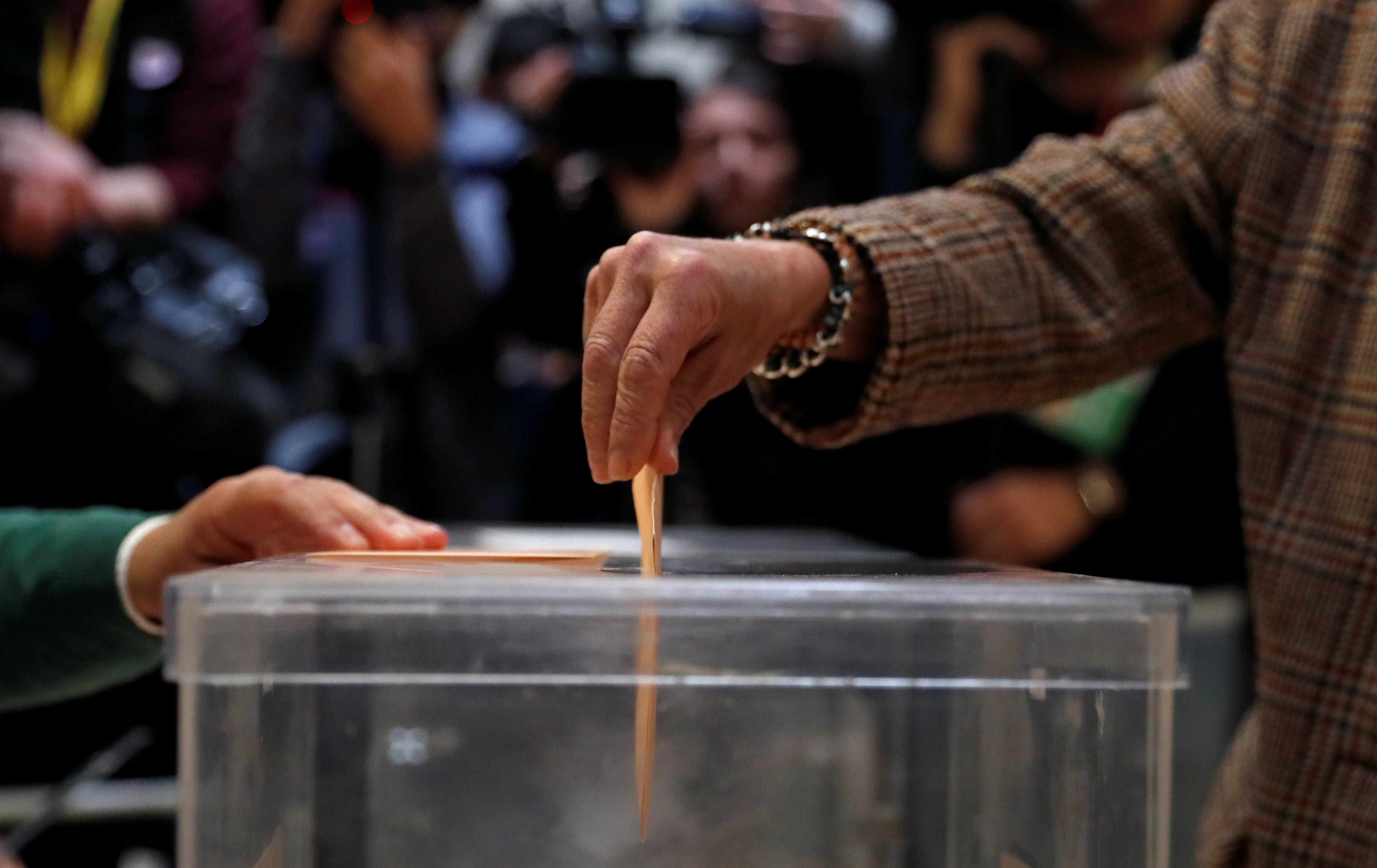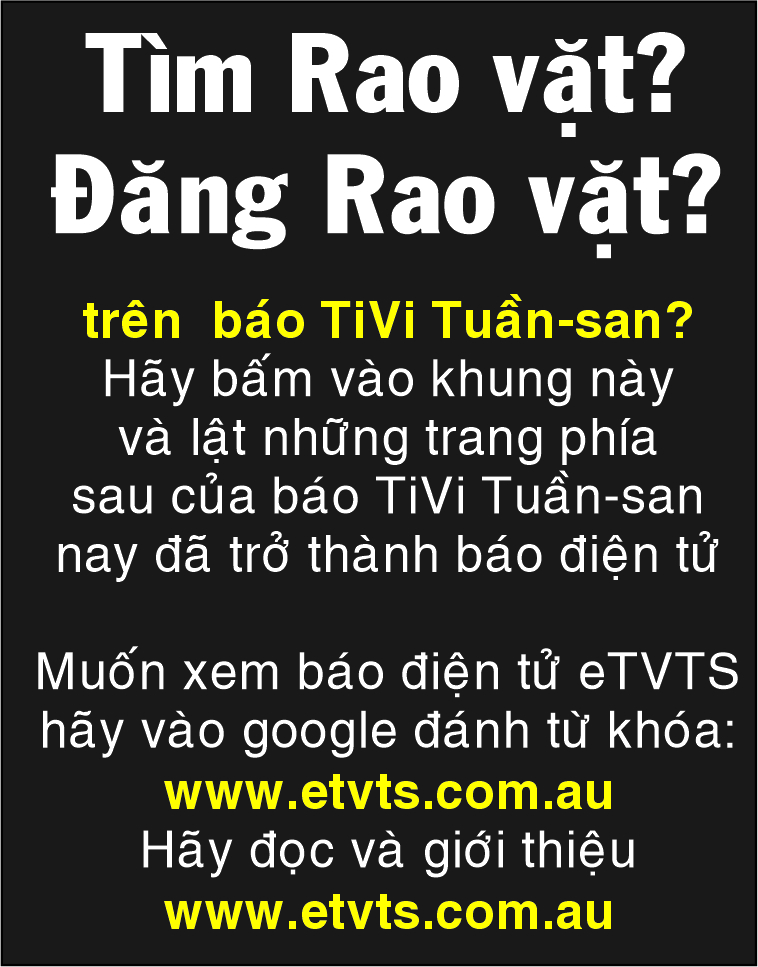Spaniards flock to polls in wide-open election after tense campaign
 A person casts his vote during Spain’s general election in Pozuelo de Alarcon, outside Madrid, Spain, April 28, 2019. (Photo: Reuters)
A person casts his vote during Spain’s general election in Pozuelo de Alarcon, outside Madrid, Spain, April 28, 2019. (Photo: Reuters) MADRID – A divided Spanish electorate flocked to the polls on Sunday, responding to a plea from party leaders for a high turnout in what promises to be the country’s most open-ended and potentially pivotal election in decades.
After a tense campaign dominated by a debate over national identity and other emotive issues such as gender equality, a fragmented parliament beckons – featuring the first bloc of far-right lawmakers since Spain’s return to democracy in the 1970s.
The Socialists of outgoing Prime Minister Pedro Sanchez are expected to finish first. But opinion polls show no single party close to winning a majority, making it likely that any coalition deal will take weeks or months to broker and feeding in turn into a broader mood of political uncertainty across Europe.
A repeat election is a distinct possibility.
“Above all else today, Spaniards should vote in large numbers to send a … clear message of what we (as a nation) want over the next four years,” Sanchez told reporters after voting at a polling station near Madrid.
Voting ends at 8 pm (local time) in mainland Spain for what will be the country’s third national election in four years. Each has further eroded the decades-long dominance of the two biggest parties, the Socialists and the conservative PP.
Leaders of all five main parties, ranging from far-left Podemos through to far-right Vox, expressed similar hopes to Sanchez for a high turnout as they all cast their ballots early.
Early data suggested voters were responding, with more than 41 percent having cast ballots by 2 pm (local time), an early participation second only to that seen in the 1993 election.
FEAR AND LOATHING?
But the mood among many voters was tinged with uncertainty – and in some cases an element of fear.
“I’m more of a (centre-right) Ciudadanos or PP voter but I’m so scared of (far-right party) Vox that I voted … for the Socialists,” said Julio Cesar Galdon, 27, a political science graduate from Madrid.
With the trauma of military dictatorship under Francisco Franco, who died in 1975, still fresh in the memory for its older generation, Spain had long been seen as resistant to the nationalist, populist wave spreading across much of Europe.
But some had no hesitation in switching to Vox, which has disavowed the dictator’s ideology though its signature policies include repealing laws banning Franco-era fascist symbols.
“Last time I voted for the (conservative) PP. This time I voted Vox,” said 50-year-old Madrid bar worker Paula de la Calle. “They are bringing something new, the Spanish principles and values that the PP had started to lose.”
Opinion polls have failed to give a clear picture of how many seats the far-right newcomer will win, but it could easily get dozens, boosted by voter discontent with the established parties and non-mainstream policies that include opposing a law on gender-based violence it says discriminates against men.
It has also focused on widespread anger at Catalonia’s independence drive, the pivotal issue during campaigning and one that has driven a wedge between the three rightist and two leftist parties that has deepened as the vote has got nearer.
With neither of those two camps expected to win a clear parliamentary majority, pro-independence lawmakers from the wealthy northeastern region may well find themselves cast in the role of kingmakers.
If Sanchez needs support from the separatists in addition to Podemos in order to stay in office, talks will be long and their outcome unclear.
Opinion polls, which ended on Monday, have suggested it will be harder for a right wing split between the PP, Vox and Ciudadanos to clinch a majority, but this scenario is within polls’ margin of error and cannot be ruled out.
The high number of undecided voters – in some surveys as many as four in 10 – has further complicated the task of predicting the outcome with any certainty.
Reuters



